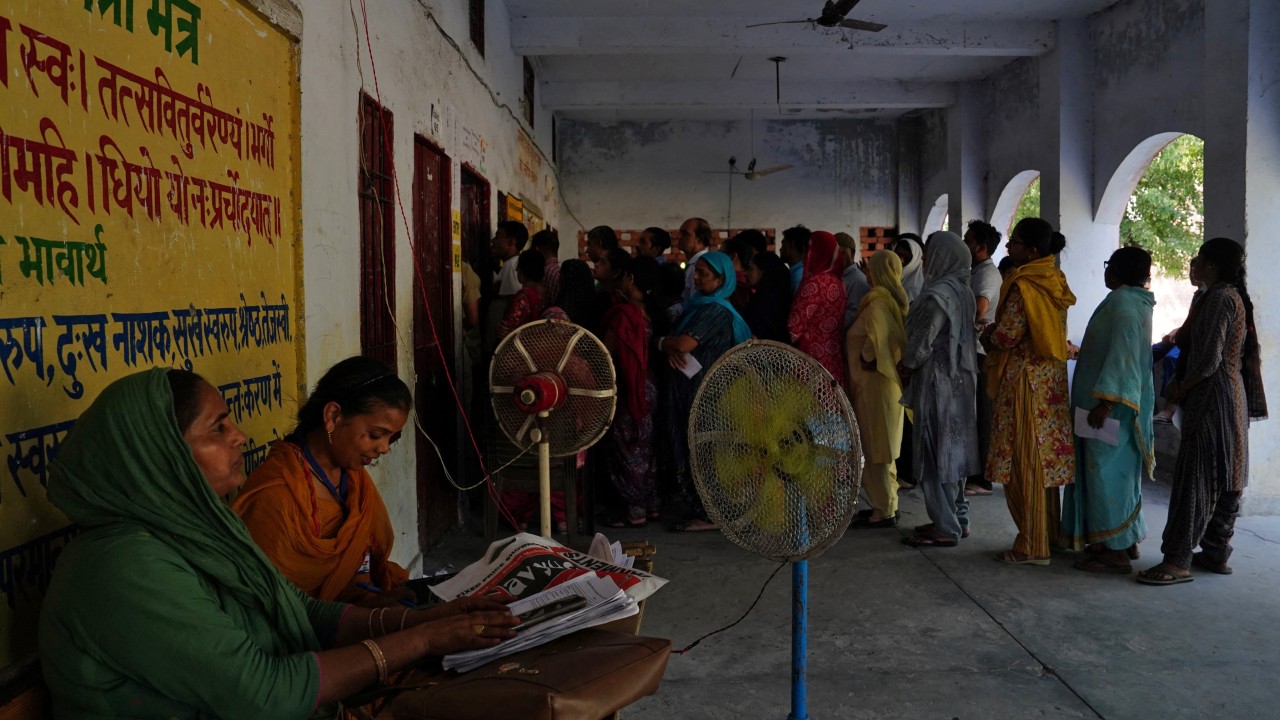
I reflected on his words. True, Modi has been the face of the Bharatiya Janata Party (BJP) in recent years. His photo was everywhere, at functions and junctions, even on the bags of food grains distributed for free to the poor. So every packet of wheat, every vaccine, every tablet of medicine seemed to have come from the big-heartedness of the leader.
Modi is the BJP’s brand ambassador and every election promise was broadcast as “Modi’s guarantee”. Perhaps this focus on one face, one leader, did not go down well with all of Modi’s colleagues or the voters. After all, it is the government paying for the supplies given out to the poor, and not any particular leader. Hubris had set in.
Many citizens feel that after a decade in power, the ruling party had become haughty. It was taking the stakeholders, the people, for granted. Leaders in democracies should remember that the real owners of any country are its people, who vote them into power. Leadership is not an end in itself. It is not an exercise in self-aggrandisement. Leadership is the opportunity to serve the electorate. Politics is not a game. Politics is the art of serving the people.
In my career in consumer products, I have learned a simple lesson: when you make and deliver a great product, you don’t have to make too much clatter. If you focus inordinately on marketing and inadequately on product quality and delivery, people see through it.
Governments, too, should realise that when you do good work, people know it. You do not have to beat the drums.
Rajendra Aneja, Mumbai
Modi’s critics should be reminded he is still popular
Now that the BJP has failed to win an outright majority, some critics feel it’s curtains down for Modi.
Far from it. For a start, the BJP’s vote share, at nearly 37 per cent, is almost intact from the last general election, when it garnered 37.3 per cent. The National Democratic Alliance it leads won 293 seats in the latest election (the BJP was responsible for 240), well above the majority needed. The opposition alliance – Indian National Developmental Inclusive Alliance (INDIA) – despite being made up of dozens of parties, only managed to win 234 seats, six fewer than the BJP.
Today, Modi’s BJP is a far more pan-Indian party. It finally won a seat down south in Kerala and presumably a good chunk of the prominent Christian vote there; it also enjoyed a significant victory in the recent Odisha state assembly election.
Furthermore, the BJP has won in the southern state of Karnataka since 2004 and is becoming a serious player in neighbouring Telangana, where it won eight out of 17 seats.
Indeed, the BJP’s seat losses in its traditional strongholds, such as Uttar Pradesh, Rajasthan and Maharashtra, could be due to the opposition’s cash offers to voters, and the divisions along caste and other lines engineered by opponents.
Even Winston Churchill, arguably Britain’s greatest wartime leader, failed to win re-election in 1945, ironically after taking the country to victory in the second world war. Modi has been elected for a historic third term as India’s prime minister, and has done so without losing his popularity, albeit with fewer seats. Defying his critics, he remains the top man in India.
Haresh Khushi, Tsim Sha Tsui
Did government plan a graceful way out of waste charging?
Public opinion conveniently turned against the scheme, and the government was able to scrap it. If that really was the government’s intention, I take my hat off to them.
So it was not necessary for the current government to carry out what previous administrations thought was a good idea. Considering both the hassle and the cost, especially to the catering business in this time of our economic fragility, officials did well to suspend the scheme.
Somehow or other, public grievances gave our government the opportunity to gracefully back down from the cumbersome scheme.
Randy Lee, Ma On Shan

